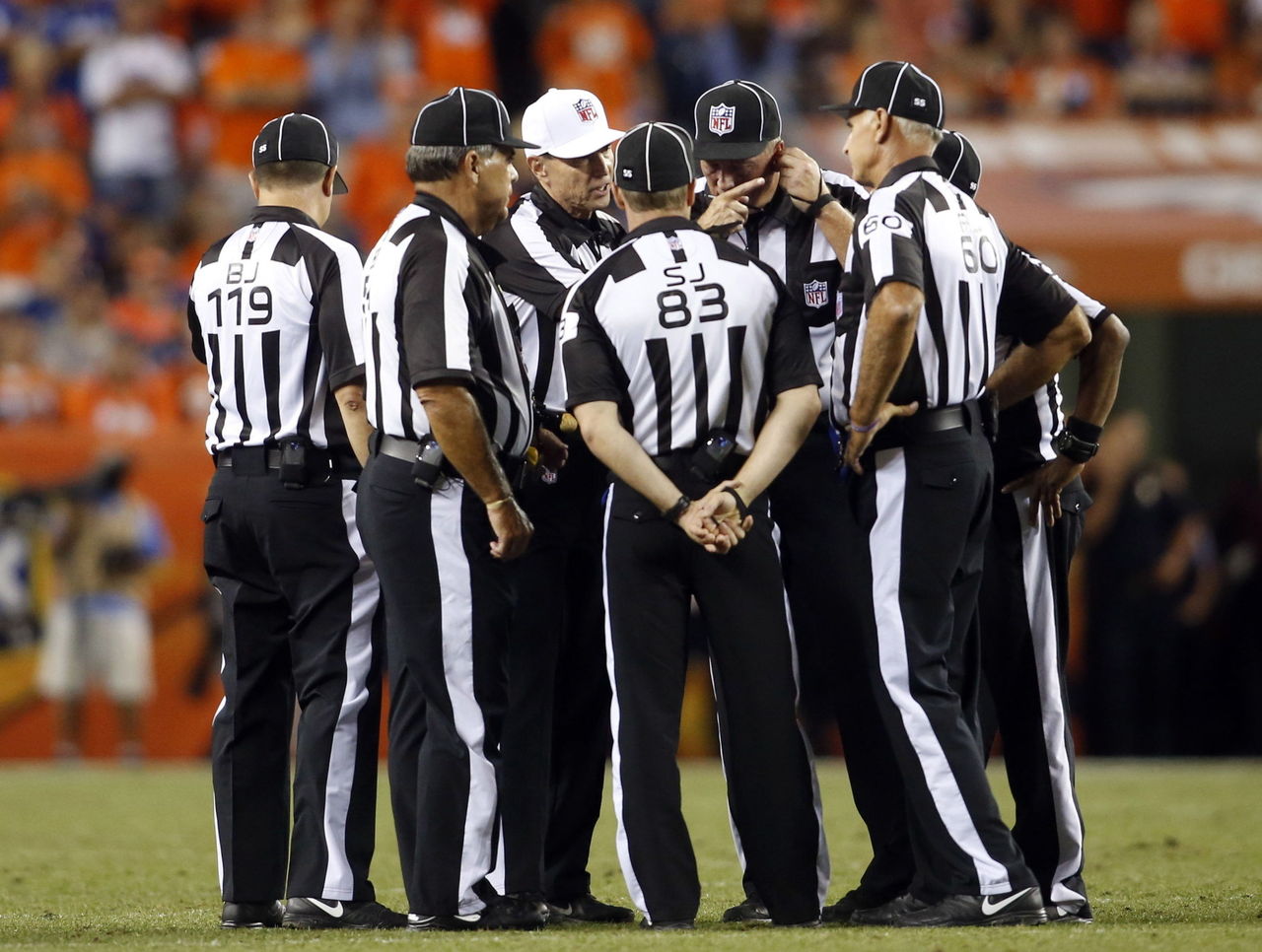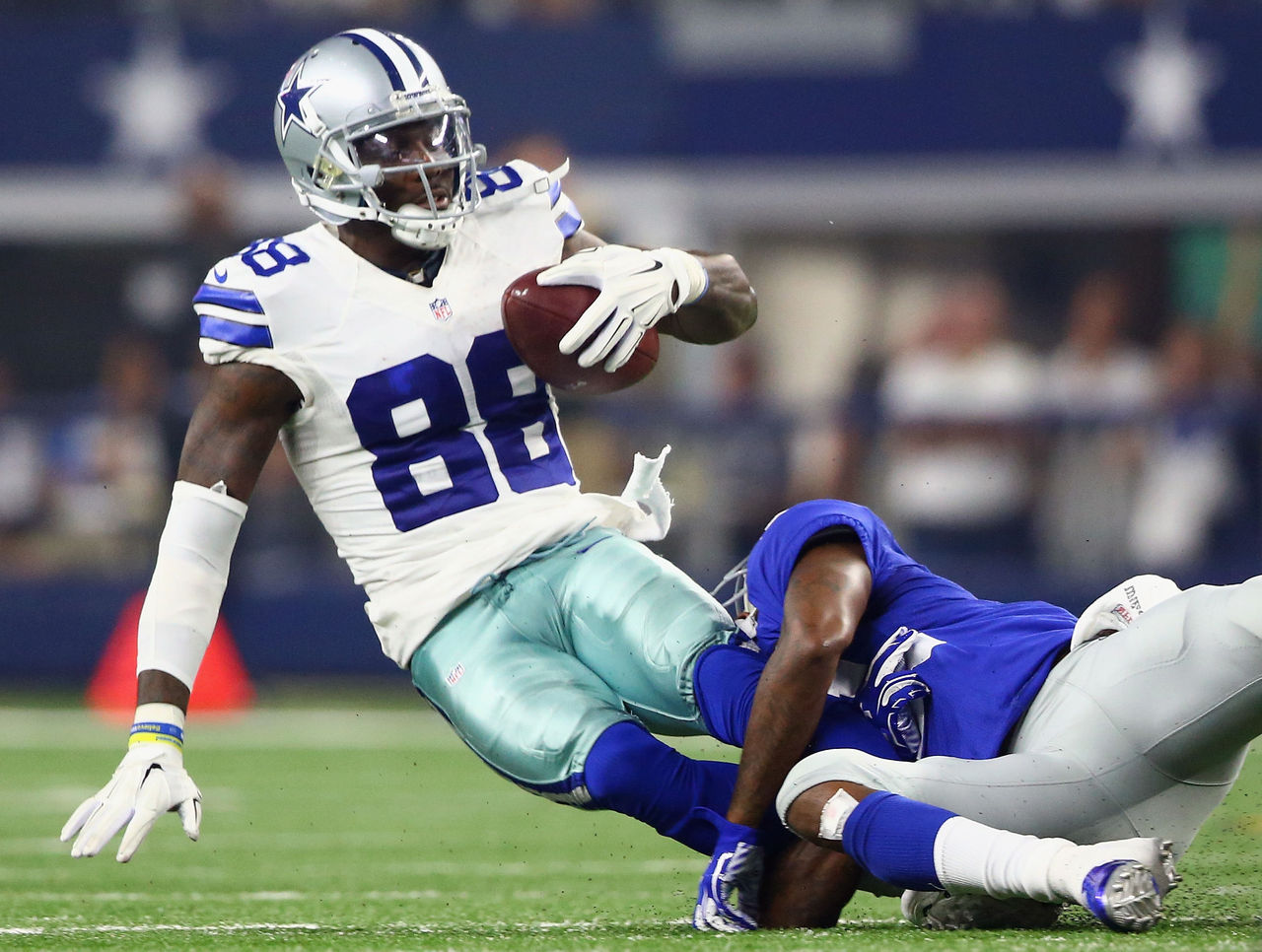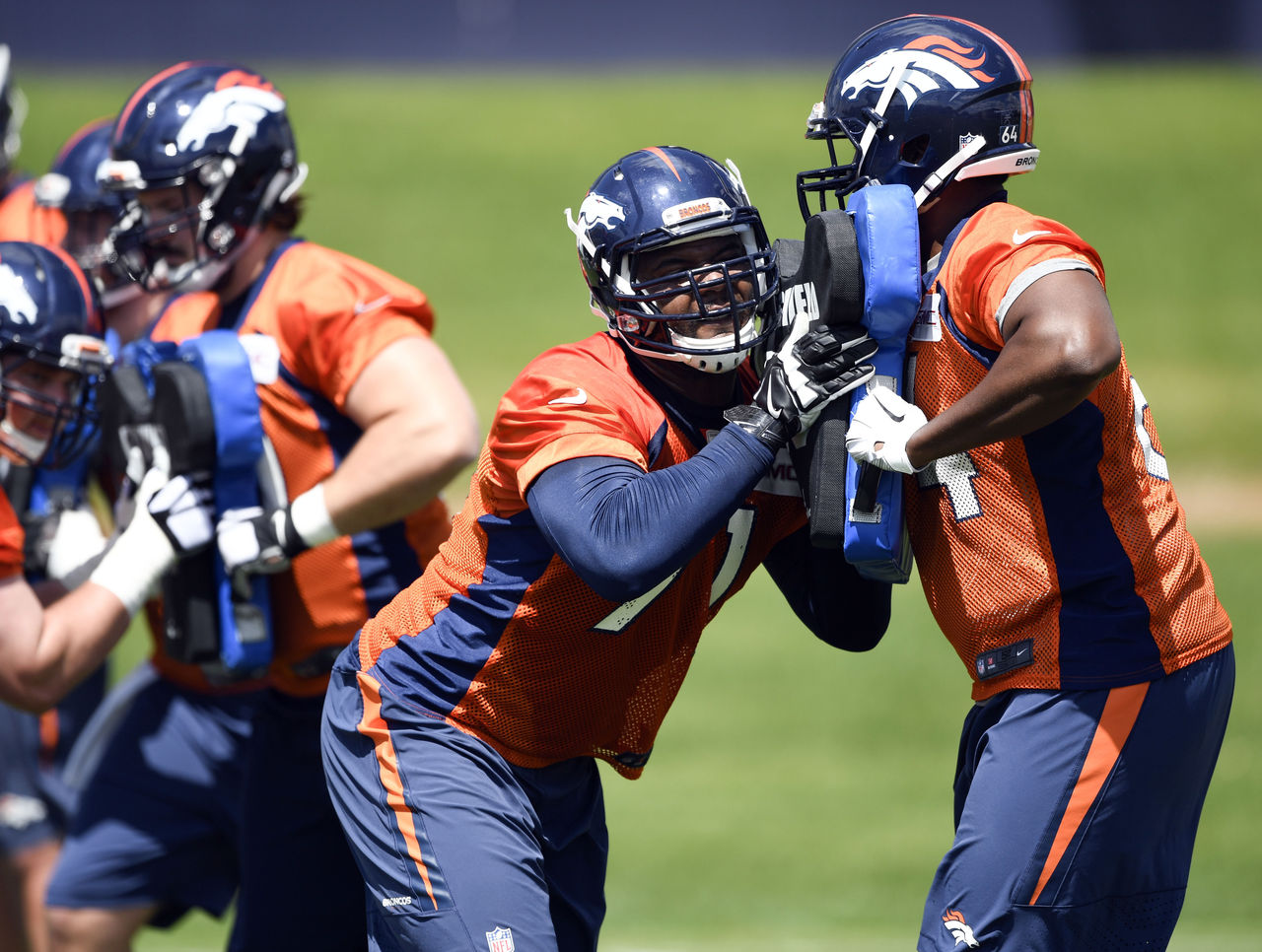Why the NFL should create a new developmental league
It's been nearly a decade since NFL Europe closed its doors, ending the league's attempt to create an avenue for players who were unable to crack an NFL roster to continue to play and develop their skills.
Part of the issue with NFL Europe was that its primary purpose wasn't development, but rather bringing football to the rest of the world.
However, with the league now focusing on expanding outside the U.S.'s borders by playing more regular-season games in the U.K. and Mexico, a true developmental league is possible.
And it couldn't come at a better time. The NFL is an unrelenting behemoth of success, but it isn't without several keys flaws that could be addressed by a D-league.
Lack of QB talent needs fixing
The league throws young - and often unprepared - quarterbacks into the fire and then questions why they failed. The only two options currently are: 1) start a rookie and hope he swims rather than sinks, or 2) sit them behind an underwhelming veteran for several seasons, but take away valuable game experience.
A developmental league would offer an alternative, and perhaps fix the undeniable lack of talent at the game's most important position.
There is a general consensus around the league that quarterbacks come out of college unprepared for NFL systems. No other position is more affected by the simplification of offenses and the spread systems at the collegiate level than quarterback.
What a developmental league could offer is the chance for passers to hone their skills in an environment that is focused on acclimating them to the professional level, rather than using whichever system best facilitates winning, like in college.
This year's draft shows examples of players that would benefit from this system. Cardale Jones and Christian Hackenberg are flawed but talented passers who desperately need refinement. They'll get this during practices with the respective teams, but nothing compared to how they could progress as the starter of a D-league team that ran an advanced offense.
Officials, other non-players need place to develop

The last few seasons haven't been kind to officials, with high-profile mistake after high-profile mistake dominating the league.
One of the suggestions for improving the standard of officiating is to make some or all of the current officials full-time employees, allowing them more time to hone their craft and properly teach new recruits.
An argument against this is that with only around five months of football every year, there isn't a need for full-time officials. However, whether the D-league played in the offseason or parallel to the regular season, full-time officials would be more than justifiable.
As well as officials, a D-league could allow coaches and other footballing staff the opportunity to enhance their skills or take on more significant roles than the ones they currently perform with their team. For example, a positional coach could get experience calling plays at the lower level before being promoted to an offensive coordinator role.
It would provide testing ground for new rules

The NFL needs to iron out the issues with the league's rule book, and a D-league would be the perfect testing ground.
Too often, games are decided not by players or by coaches, but because of the unclear rules of what's considered a catch, or a phantom roughing the passer call.
While simplifying the league's rule book would be the easiest solution, the NFL doesn't always follow logic, and the developmental league is the best alternative.
The NFL takes steps to implement change, but is notorious in its lack of speed in doing so, likely because it's afraid of altering the game too much.
With the outcome of games being less important than developing players in the D-league, however, the NFL could use it to experiment, gaining valuable insight into what does, and doesn't, work. This would reduce the number of poor rule changes being put into practice in the NFL.
Dramatic rule changes such as eliminating special teams will need to be thoroughly examined before they could be accepted at the top level. Easing fans in by showing them what the product could look like would help smooth the inevitable transition for the NFL.
Reduced practice, increasing number of players

After the most recent CBA, the NFLPA tried to lessen the wear and tear on its players by convincing the league to impose limitations for practices, time spent with coaches, and watching film. While this was undoubtedly a move to help players' short- and long-term health, the biggest effect has been the stagnation of player development.
With dramatically shortened practice time and very little work in pads, the quality of the game has suffered.
A D-league would help resolve this issue, becoming a haven for younger players who are in need of development, but simply aren't afforded the time with their teams.
Along with players that are with a team, players that are unable to find a roster spot would be able to continue to play football, increasing their chances of catching a team's attention.
Only 256 players get drafted every year, which means many more are without a team, and join an ever-expanding group of players on the periphery of the league. Some are used as camp bodies, but are rarely given a real shot to make a team. Once released, a player usually tries to keep in shape, while waiting for a call.
This is killing the depth of talent in the league. All teams suffer from it, especially when injuries mount during the season. Creating a D-league to develop raw but talented players is the best way the league can bolster its overall talent and quality of its product.
HEADLINES
- Steelers' Watt out for MNF vs. Dolphins after lung surgery
- NFL award rankings: Where does each race stand with 4 weeks to go?
- Week 15 anytime TD bets: Brown highlights 5 value picks
- The Chiefs' dynasty is dead. The Eagles' never even got started
- NFL Week 15 picks: Can Bills prevent Pats from clinching AFC East?